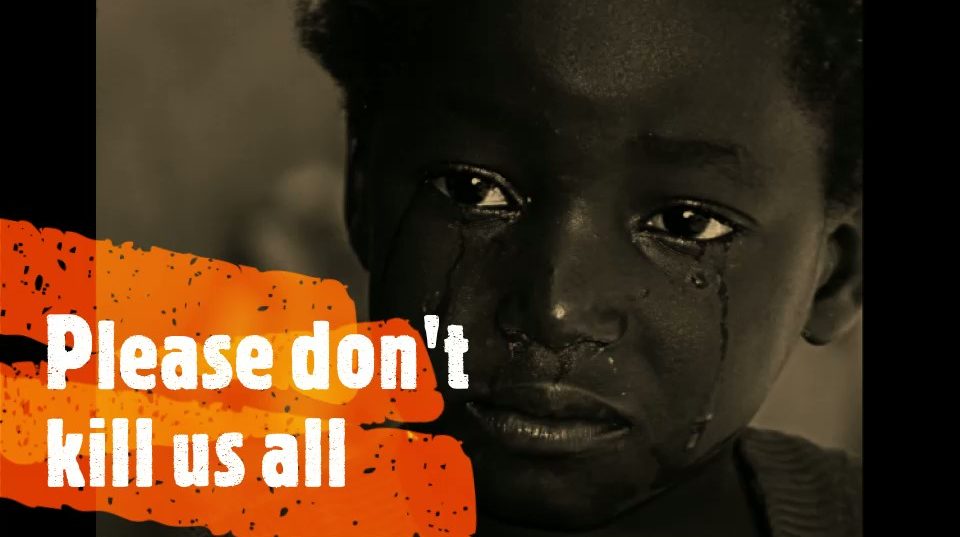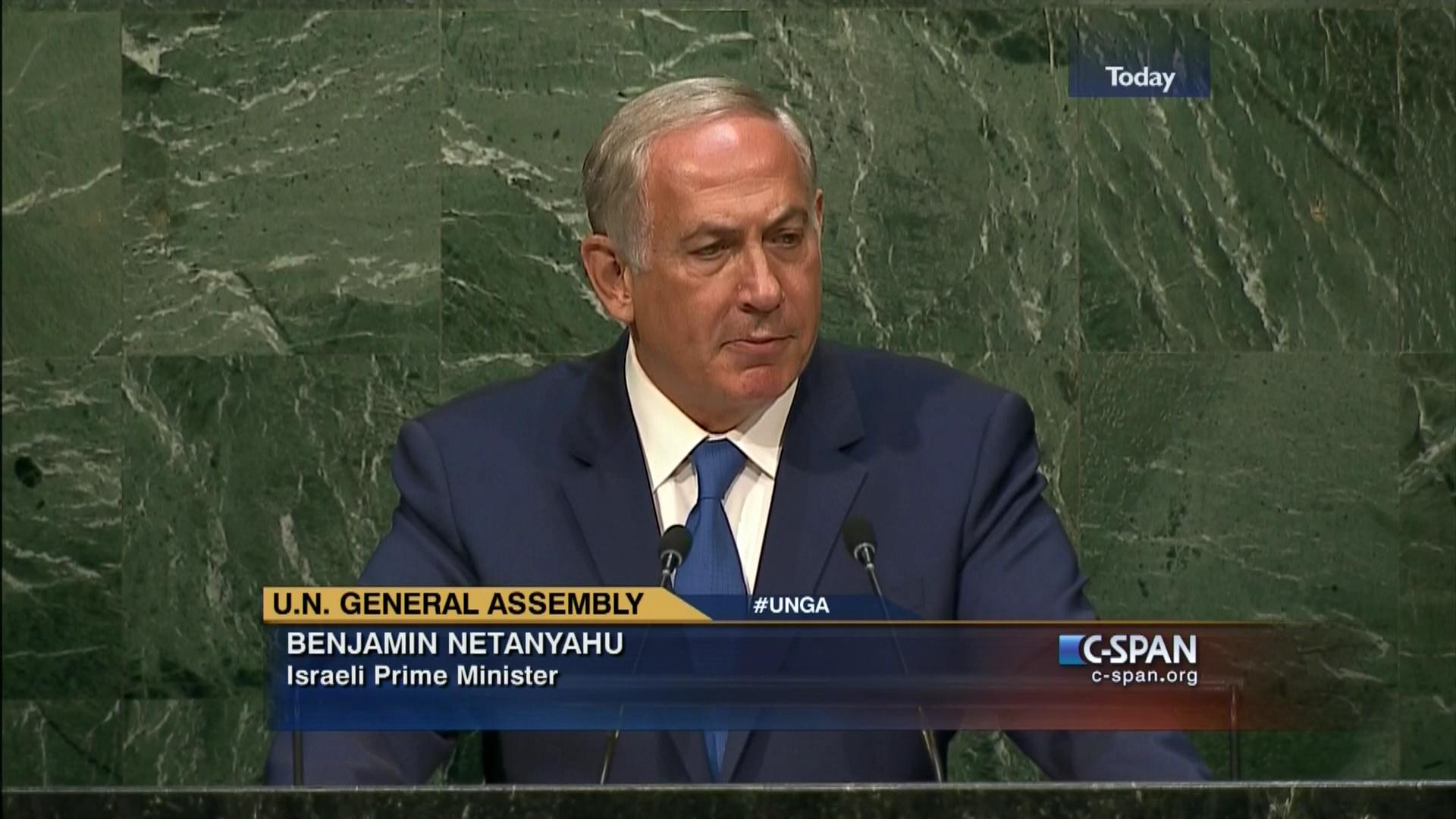
It’s no longer news that Nigeria clocked 56 on 1st October, 2016. What is news however is that at 56, Nigeria is without father, mother, siblings and offsprings. The old man is lonely, battered, tattered and on the verge of being placed on the butcher’s table for a scramble that bears semblance to what transpired in Berlin 1884.
The country’s economy is in recession! The news making the rounds suggest that the country that celebrated 100 years of its existence a little over 2 years ago with the tag “Africa’s fastest growing economy” has plummeted and become so beggarly that some of her elite citizens think the only possible plausible way to rescue the dire situation is for the Government to sale the country to them. Prominent among these include some of Nigeria’s distinguished personalities such as the former President, Olusegun Obasanjo; Africa’s richest man Aliko Dangota and Nigeria’s Senate President Bukola Saraki who is reported to have urged the government to consider sale of some key national assets like the Nigeria Liquefied Natural Gas Holding to raise needed foreign currency to revive the economy and stabilize the naira. The Senate President posits that the only way out for the world’s 6th largest producer of crude oil, is to auction her asserts. How true is this?
Retrospectively speaking, the Nigerian Government under the stewardship of Chief Olusegun Obasanjo is known to have leveraged some her assets through privatization. The scheme however ended up counterproductive as the bulk of the money realized from the sale was unaccounted for and the privatized sector till date has remained grossly ineffective. One of such cases includes the Nigeria Electrical Power Authority (NEPA) which was transformed to Power Holding Company of Nigeria (PHCN) following privatization. Despite the increase in electricity tariff introduced by the elite who bought the company, the problem of epileptic power supply in Nigeria still lingers and remains unsolved. It’s against this backdrop that a number of well-meaning Nigerians have lent their voice in appealing to the incumbent Buhari led government not to heed the clarion call of the greedy self-centered elite in Nigeria who creed for asset sale. The country’s Benue North West Senator, George Akume is one of those who spoke against the notion of putting the country up for sale. The seasoned lawmaker termed this “a desperate move by greedy politicians to suck the economy dry.” In his words,
“We are making a mistake here. What we are intending to do is to very unpatriotically ensure that those who are within the bracket of the stolen dollars will still come to buy.”
Similarly, Nigeria’s Deputy Senate President Ike Ekweremadu also condemned this move saying,
“I have heard about the issue of selling of our assets. I need to caution that other countries are not doing the same. The United Arab Emirate, does not even allow you to get to their oil wells let alone selling them.”
Other notable Nigerians that have condemned the planned sale include a former Minister and Vice-President of the World Bank’s Africa Division, Oby Ezekwesili who described it as
“the default instinct of our political class…sell and spend. Sell oil. Spend. Oil falls! Sell asserts. Spend. It won’t work!…Managers of the economy must resist our ‘wonderful’ politicians now chorusing quick fixes like asset sale. There are no easy options here.”
In May, 2016, renowned African religious cleric, His Grace Most Reverend Professor Daddy Hezekiah (MFR) advised the Buhari government against privatization of critical Government sectors devoid of competition saying that this leads to negligence and geometric increase in price without commensurate return in service delivery especially with Power sector case study in mind. Further, the academician who holds degrees in various disciplines including Industrial Chemistry, Mathematics and Public Management appealed to the Nigerian government not ban second hand clothing popularly known as ‘okirika’ as well as importation of rice as these are veritable ways to cushion inflation, engender competition and accommodate the poor who cannot afford to buy exuberant and expensive goods in the face of present harsh economic realities.
Related Story: President Buhari Should Remember the Poor – Hezekiah
Economic pundits also allude to the fact that consolidation of local monopoly doesn’t really improve the economy. A country like Nigeria that has over 170 million people to feed cannot afford to rely on a few bags of rice produced by Dangota and Anambra State to feed her teeming masses. This certainly will lead to geometric increase in price of rice since price is relative and consistent with changes in demand and supply as put forward by legendary economist Adam Smith. The Thailand example must be viewed as a distinguishing precedent that conforms with peculiarities. Nigeria is not Thailand and as such policies that may have worked in Thailand might not necessarily work in Nigeria. India, the world’s second most populous country is now the world’s largest exporter of rice and it didn’t get there by simply waking up one day to institutionalize local monopoly in rice production. It took time to develop industries and local capacity to produce to ensure lapses won’t occur once the policy is institutionalized for the avoidance of absurdity/geometric increase in price. What has Nigeria done thus far?
Economic analysts have also raised questions regarding the trillions of dollars recovered by the Buhari administration from the fight against corruption as ideal stimulants to burst the economy at this period of recession. It’s imperative for the government to transfer some of the cash recovered from looters to salvage the economy rather than harbor thoughts of selling the country’s asserts to greedy politicians. It’s also expedient government consider a cut in recurrent expenditure in the face of obvious harsh economic realities; especially those of Ministers and lawmakers while also ensuring that the welfare of civil servants are not in any way and for any reason compromised.
Follow us on twitter @civilrightsint. Like us on facebook at Civil Rights International as well as Say No To Sodomy. Remember, your rights stops where another person’s rights begins! #SayNoToChildAbuse #NoToGayAdoption #SayNoToSodomy












